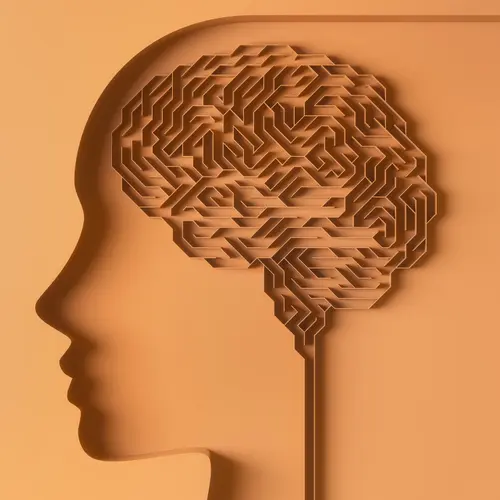Schizophrenia is a mental illness that affects how you think and behave. The symptoms of schizophrenia include:
- Psychotic symptoms including hallucinations, hearing voices, or believing someone or something is out to get you
- Negative symptoms such as a lack of interest or an inability to take pleasure in daily activities and spending time with others
- Cognitive symptoms including trouble focusing and making decisions
Many of the symptoms of schizophrenia are also symptoms of other conditions. Because of this, people often get misdiagnosed.
Other disorders and conditions that are sometimes mistaken for schizophrenia include:
Schizoaffective disorder. Schizoaffective disorder causes many of the symptoms of schizophrenia, like delusions. But people with schizoaffective disorder also have periods of depression or periods where they feel extremely energized or happy (called mania). That’s not usually the case with schizophrenia.
Schizoid personality disorder. A person with schizoid personality disorder avoids social situations and interacting with others. They usually have a hard time feeling and expressing emotions. Even though schizoid personality disorder sounds a lot like schizophrenia, people who have schizoid personality disorder don’t have delusions or hallucinations.
Anti-NMDAR encephalitis. This autoimmune disease causes swelling in the brain. That swelling can lead to behaviors and thought patterns that look like schizophrenia, such as paranoia and hallucinations. But most people with anti-NMDAR encephalitis have other symptoms such as seizures and suddenly passing out.
Bipolar disorder. Bipolar disorder is another form of mental illness. It causes severe mood swings that impact a person’s mood, energy, concentration, behavior, and ability to do daily tasks. People with bipolar disorder often have periods of being “up” or “on” when they’re extremely energized or happy, then fall into periods of deep depression. Some people with severe bipolar disorder have delusions or hallucinations. That’s why they may be misdiagnosed with schizophrenia.
Delusional disorder. A person with delusional disorder believes things could happen that are unlikely to. For example, they may believe they have a serious medical condition like cancer even though their test results were negative. But unlike schizophrenia, delusional disorder doesn’t cause any psychotic symptoms that aren’t related to a person’s main delusion. And unlike schizophrenia, people with delusional disorder are also usually able to enjoy things and function in their daily life.
Brain tumors and brain injury. Some brain tumors may cause psychotic symptoms that seem like schizophrenia. Likewise, people who’ve had a traumatic brain injury may have symptoms such as psychosis. Doctors often use tests like CT scans to figure out whether a person has a brain tumor or brain injury as opposed to a mental illness like schizophrenia.
Fahr’s syndrome. Fahr's syndrome is a rare disease caused by a buildup of calcium in the brain. It can lead to problems such as headache, stiff limbs, and a mask-like facial expression. Though psychosis isn’t usually a symptom of Fahr’s syndrome, some people with the condition have shown symptoms similar to schizophrenia. Doctors can use CT scans of the brain to tell the difference between Fahr’s and schizophrenia.
Syphilis. Syphilis is a bacterial infection that’s spread through sex. Up to 10% of people who have syphilis but aren’t treated for it may get neurological symptoms including psychosis. Though syphilis usually causes other symptoms, like painless sores on your genitals, sometimes psychosis can be the only obvious symptom. That’s why syphilis may be misdiagnosed as schizophrenia.
Malaria. Malaria itself isn’t believed to cause schizophrenia-like symptoms. But certain medications used to prevent malaria can cause serious mental side effects and may even cause hallucinations. That’s why a person who’s had anti-malarial medications may be misdiagnosed with schizophrenia.
If you or someone you love has symptoms associated with schizophrenia, it’s important to work with a doctor who has experience diagnosing mental health disorders. They can take a thorough health history and look at all of your symptoms to find out what’s causing them.

